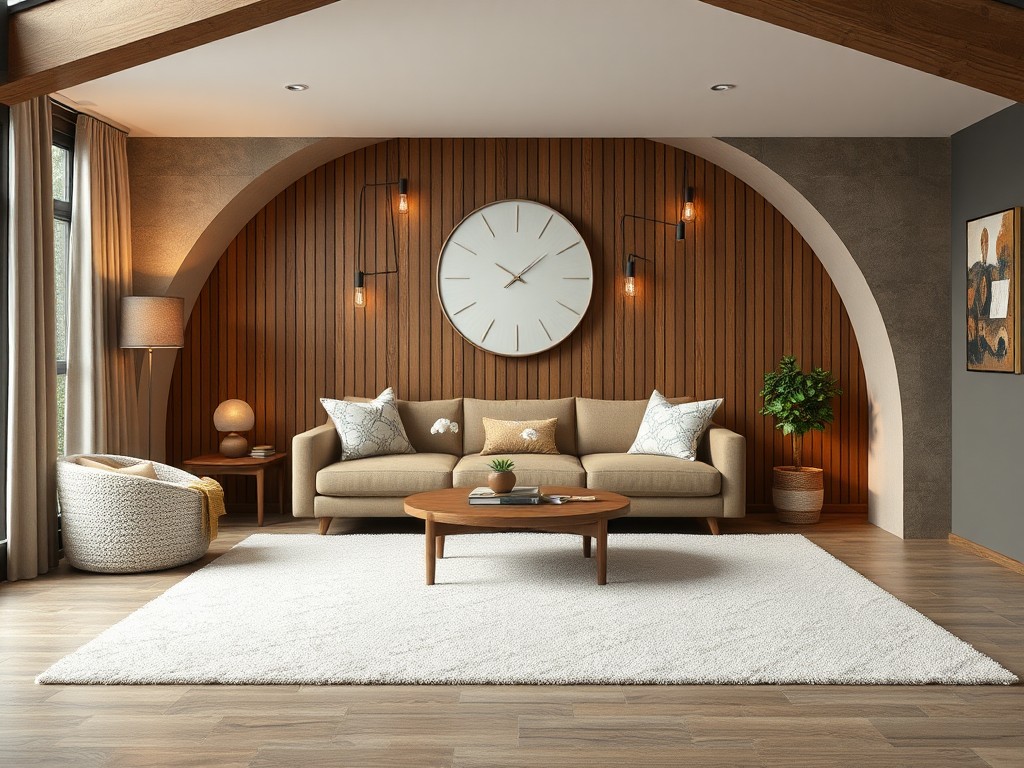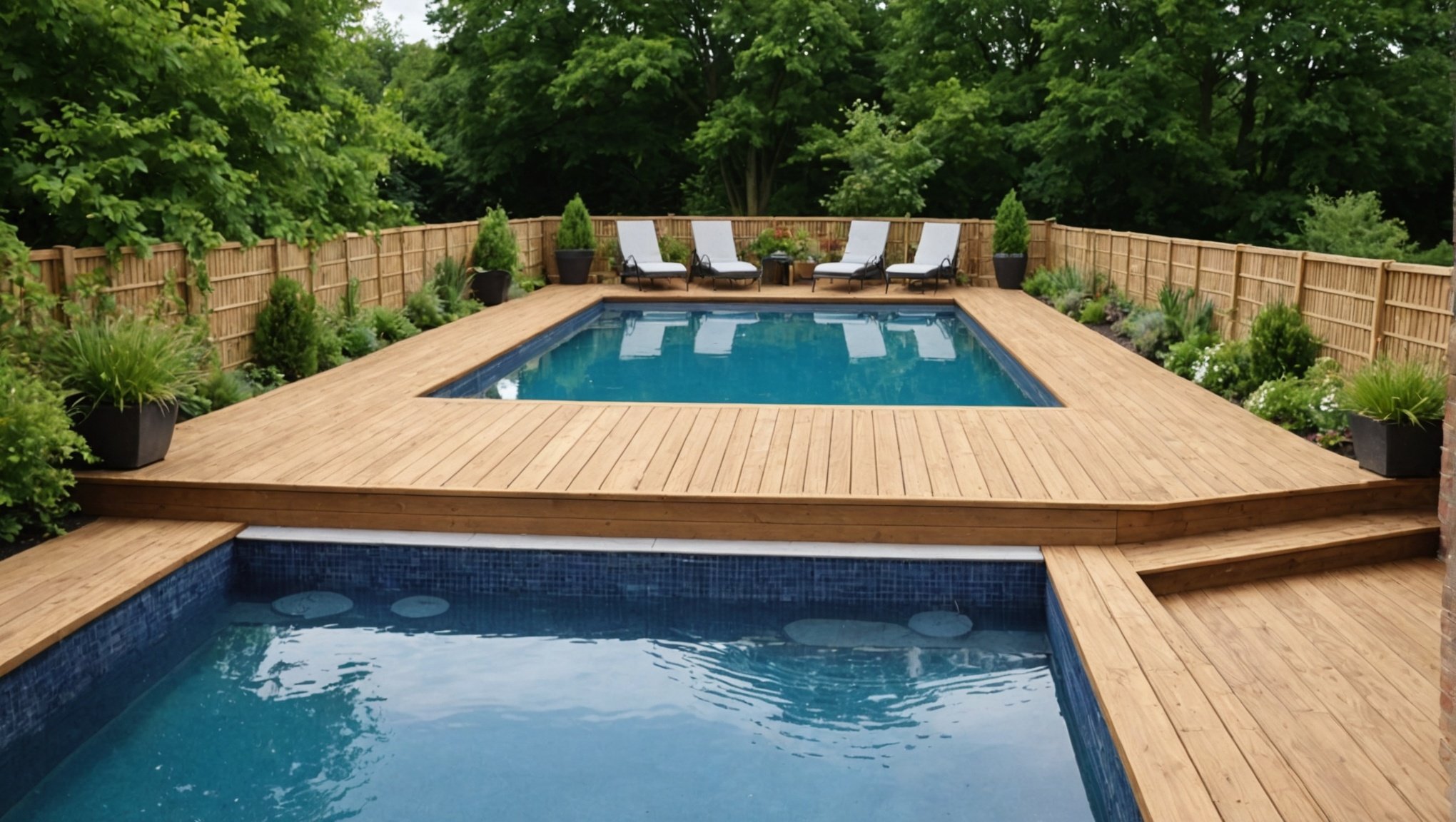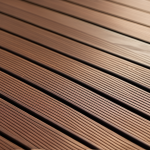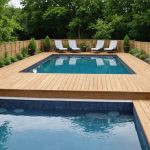When it comes to building your dream pool deck, several factors come into play. You’ll need to consider elements such as the deck’s longevity, its resistance to water, ease of maintenance, and of course, its aesthetic appeal. After all, the pool deck is not just a functional feature but a significant aspect of your outdoor living space. In the UK, materials such as composite, wood, and tiles dominate the pool deck scene, each with unique advantages. This article will delve into these materials and others, helping you determine which might be the best fit for your pool deck project.
Composite Decking: The New Age Solution
Composite decking is a relatively recent entrant to the pool deck world, but it has quickly gained popularity due to its numerous advantages. Made primarily from wood fibers and recycled plastics, composite decking offers a balance between the natural look of wood and the durability of synthetic materials.
En parallèle : What are the latest trends in UK home swimming pool designs?
Composite decks are highly resistant to water, making them ideal for swimming pool areas. They also require less maintenance compared to natural wood, as they are resistant to rot, insects, and UV rays.
The availability of composite materials in a variety of colors and styles allows homeowners to customize their decks based on personal preference and the overall design of their outdoor space. Another major plus for composite decking is its slip-resistant surface, which significantly reduces the risk of accidents around the pool area.
A découvrir également : What are the best lighting options for enhancing the ambiance of UK home swimming pools?
Image credit: Composite Decking
Natural Wood: Traditional and Timeless
Natural wood is a classic material for pool decks, particularly due to its warm, inviting aesthetic appeal. Despite the emergence of other alternatives, many homeowners still prefer natural wood for its timeless elegance and flexibility in design.
Among the various types of wood, Accoya is preferred for its durability and stability. Accoya wood undergoes a process called acetylation, which enhances its resistance to water, rot, and insects. It also fares well against the often unpredictable UK weather, which can range from hot and sunny to damp and cold.
It’s worth noting, however, that natural wood requires regular maintenance to keep it in good shape. This may involve sanding, staining, and sealing the deck to protect it from water damage and extend its lifespan.
Image credit: Natural Wood Deck
Tiles: Easy Installment and Maintenance
Tiles offer an alternative to decking for pool surroundings. They are easy to install, offer a range of design options, and require minimal maintenance. There are two main types of tiles suitable for pool decks: ceramic and porcelain.
Ceramic tiles are a cost-effective option, offering a wide range of colors and designs. They are resistant to water and easy to clean, making them a practical choice for pool decks.
Porcelain tiles, on the other hand, are denser and more durable than ceramic tiles. They have a lower water absorption rate, which makes them ideal for wet areas like swimming pools. Porcelain tiles are also available in a variety of finishes, including options that mimic the look of natural stone or wood.
Image credit: Tile Pool Deck
Ground Materials: Beyond the Deck
While decking and tiles are common pool surround materials, it’s also worth considering ground materials for your pool area. These options include gravel, pebbles, and sand, which can be used to create a beach-like effect around your pool.
Gravel and pebbles are a versatile choice, easy to install, and offer excellent drainage. They also lend a natural, rustic aesthetic to the pool area.
Sand, on the other hand, can create a soft and comfortable surface underfoot. However, it will need a good drainage system to prevent water from pooling.
Image credit: Ground Material
Making the Right Choice: Factors to Consider
While this guide provides a rundown of the popular materials for pool decks, the best choice will depend on many factors. These include your budget, aesthetic preference, weather conditions, and the amount of time and effort you’re willing to spend on maintenance.
It’s also important to consider the safety of the material. A pool deck that is slip-resistant and doesn’t get too hot under the sun is a safer choice, especially if you have children or elderly family members.
Lastly, consider the lifespan of the material. While a cheaper option may seem attractive initially, it could end up costing more in the long run if it needs to be replaced frequently.
The key is to balance all these factors and choose a material that will not only enhance the beauty of your pool area but also stand the test of time.
PVC Decking: A Low-Maintenance Alternative
PVC decking has gained a strong foothold in the market due to its numerous advantages as a pool deck material. Being wholly synthetic, PVC decking is highly resistant to water, making it an ideal choice for swimming pools. Similar to composite decking, PVC is also resistant to rot and insect damage, ensuring the longevity of your pool deck.
PVC decking boards are available in a diverse range of colors and finishes, enabling homeowners to choose a style that best complements their outdoor space. Moreover, the material is low maintenance, as it does not require staining or sealing. A simple wash is all it takes to keep your PVC deck looking fresh and vibrant.
Another noteworthy advantage of PVC decking is its heat resistance. Unlike some materials that can become uncomfortably hot under the sun, PVC maintains a comfortable temperature, which is an important factor to consider, especially during the summer months.
Image credit: PVC Decking
Timber Decking: For a Natural Aesthetic
For those who prefer a more natural aesthetic, timber decking is another viable option for a pool surround. Timber is a versatile material, offering a wide range of design possibilities. It can be cut and shaped into various forms, allowing homeowners to create unique and personalized deck ideas.
Like Accoya wood, other types of timber can be treated to enhance their water-resistant properties and durability. However, unlike Accoya, most timber varieties require regular maintenance to keep them in good shape and ensure a long lifespan.
One of the advantages of timber decking is its textured surface, which provides natural traction, reducing the risk of slips and falls around the pool area. However, the material can get hot under the sun, so it is important to factor in the local climate and sun exposure when deciding on timber decking for your pool.
Image credit: Timber Decking
Conclusion: Choosing the Best Material for Your Pool Deck
Choosing the right material for your pool deck requires careful consideration of several factors. From composite to PVC to timber, each option offers unique advantages and potential challenges.
Regardless of the material you choose, it’s crucial to remember that regular maintenance can significantly extend the lifespan of your deck. Even low-maintenance materials like PVC and composite will benefit from periodic cleaning.
Safety should also be a top priority. Opt for materials that are slip-resistant and don’t get too hot under prolonged sun exposure. Furthermore, consider your local climate and how different materials might fare under its conditions.
Lastly, while the initial cost of the material is an important factor, consider also the long-term expenses. A cheaper material that requires frequent replacements might end up costing more in the long run than a more expensive, but durable option.
Ultimately, the best pool deck material depends on your personal preferences, budget, and specific circumstances. By considering all these factors, you can create a beautiful, durable, and safe swimming pool area that you and your family will enjoy for many years to come.
Image credit: Pool Deck













